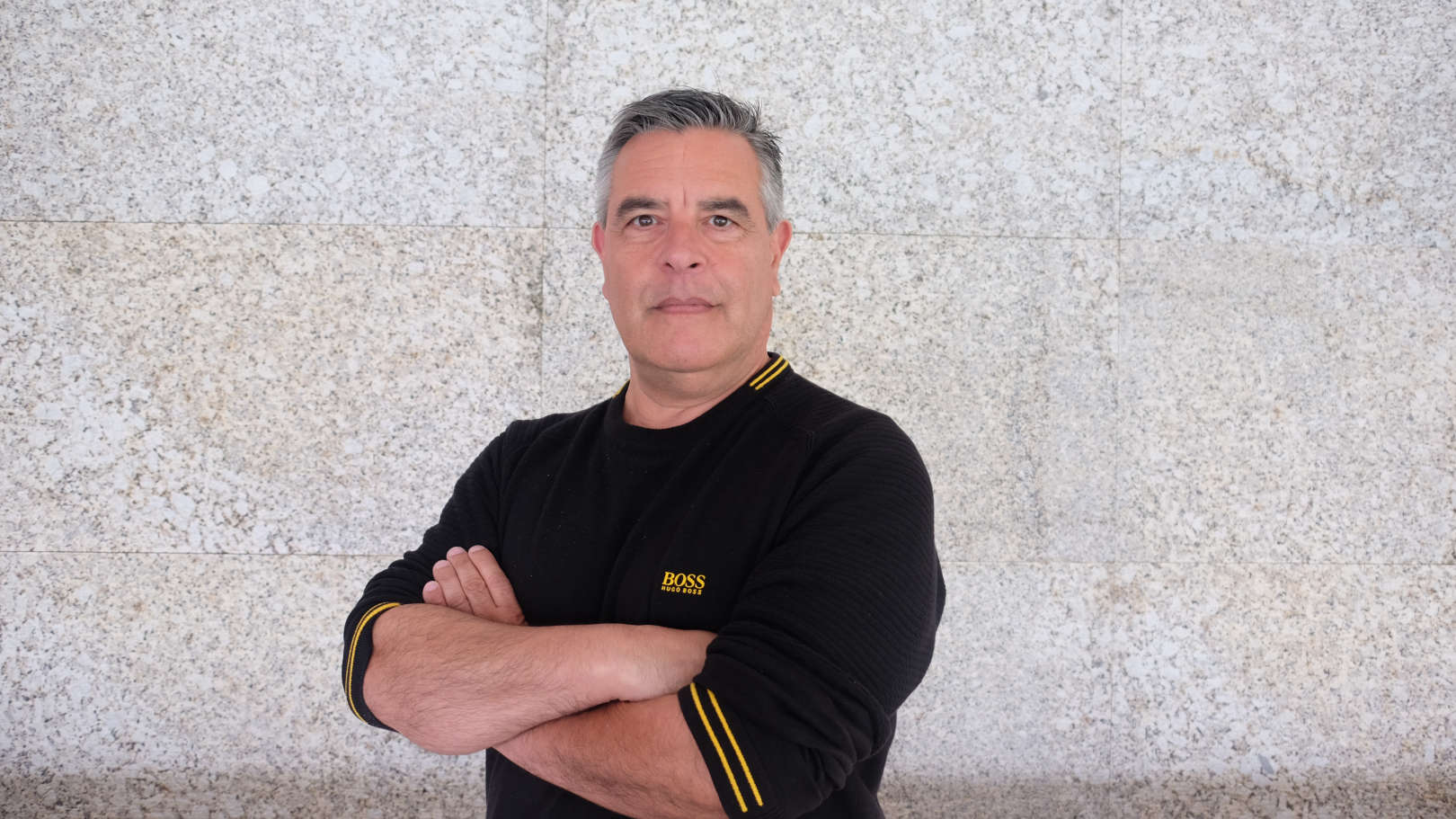Sobre
Luís Paulo Peixoto dos Santos é actualmente Professor Auxiliar do Departamento de Informática, Universidade do Minho e investigador do CSIG, INESC-TEC. A sua área de investigação é a Iluminação Global, com especial ênfase no desempenho dos algortimos e o recurso à Computação Paralela Heterogénea (CPU + GPU + Knights Landing) para diminuir o tempo de convergência para soluções perceptualmente correctas. Publicou algumas dezenas de artigos nos mais prestigiados fóruns internacionais (conferências e revistas) desta área do cohecimento, sendo tambem autor de um livro em Bayesian Monte Carlo Rendering. Integra a Comissão de Programa de várias conferências internacionais, tendo presidido a algumas destas comissões e organizado 6 conferências em Portugal.
Foi Vice-Director do Departamento de Informática, Vice-Director da Licenciatura em Engenharia Informática, bem como do Mestrado em Engenhraia Informática. Foi Director do Programa Doutoral em Engenharia Informática. Integrou a Comissão designada por iniciativa reitoral para coordenar a instalação da Unidade Operacional em Governação Electrónica da Universidade das Nações Unidas em Portugal, especificamente no Campus de Couros da Universidade do Minho, Guimarães, integrando actualmente o corpo directivo da unidade EGOV-UM que assegura o interface entre as duas instituições.
É Editor Associado da revista Computers & Graphics e Presidente da Direcção do Grupo Português de Computação Gráfica (secção portuguesa da Eurographics) para o biénio 2017-2018.


